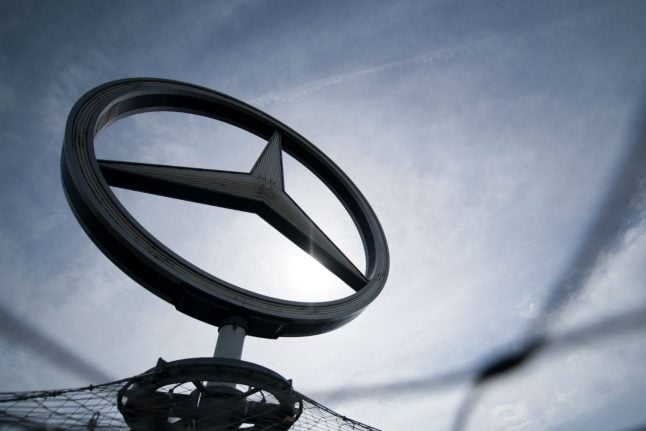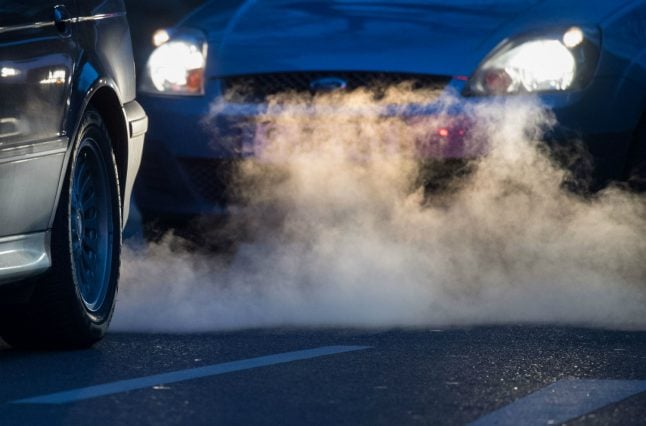“We opened a fine procedure yesterday” against the high-end car giant, a spokesman for prosecutors in car industry bastion Stuttgart told AFP.
Like VW, Daimler is suspected of building “defeat device” functions into its motor control software that allowed cars to reduce harmful emissions when undergoing regulatory tests.
Prosecutors have already fined Volkswagen one billion euros and VW
subsidiary Audi €800 million in such cases.
SEE ALSO: Despite setbacks, Volkswagen boasts sales record in 2018
Officials said managers failed in their duty to supervise the firms' activities.
In a statement, Daimler confirmed the probe and said it would “continue to cooperate fully” with prosecutors.
Beyond the Mercedes-Benz maker, VW sports car subsidiary Porsche and
components supplier Bosch both face open fine proceedings.
SEE ALSO: Porsche faces fresh fine over 2015 diesel cheating scandal
And on top of the probe into the company itself over so-called “administrative offences”, four Daimler managers are the target of a criminal investigation for fraud and false advertising linked to the practice.
Transport authority KBA has ordered the Stuttgart-based group to recall 700,000 vehicles worldwide, including 280,000 in Germany, over illegal software — a ruling Daimler is appealing.
Diesel investigations have been running since 2015, when Volkswagen admitted to building defeat devices into 11 million cars worldwide.
Several senior executives at VW remain under investigation, while tens of
thousands of car owners are pursuing it in court.
SEE ALSO: How diesel bans have ignited a debate about dodgy tricks and dirty money



 Please whitelist us to continue reading.
Please whitelist us to continue reading.
Member comments